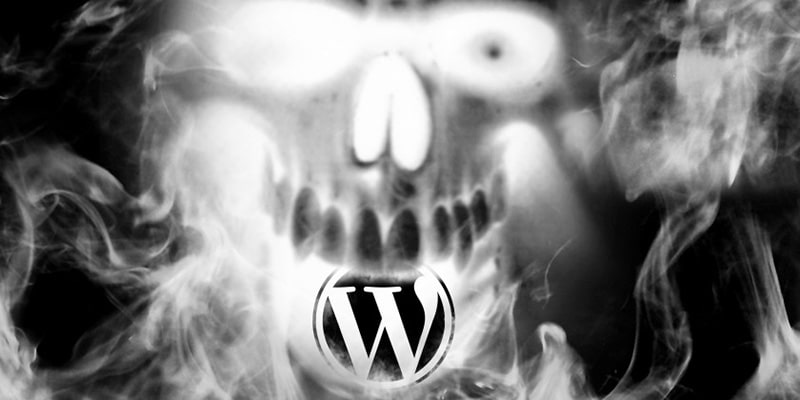The Death of WordPress?!?
Many web developers these days are switching from WordPress to more spartan content management systems (CMS) such as Kirby, Jekyll, Statamic, and others. WordPress is ideal for large sites that require lots of features, but it can be overkill for smaller websites. One type of CMS that many designers favor over WordPress is the flat-file CMS. A flat-file CMS does not use databases, but instead stores data in files and folders. This allows for much simpler installation, lightning-fast load times, and less space occupied on the server. Not to mention that without databases to hack into, hackers will find it more difficult to breach your site’s security.
Version Control
Additionally, the growing popularity of GitHub has increased developers’ demands for more version control. On a flat-file CMS, version control of content, configuration, and everything else is a cinch. This is in stark contrast to a database-driven site, for which version control is a Herculean endeavor, if it is possible at all.
Embedded Services
Designers may worry about losing functions for which databases are necessary, such as comments and embedded video. However, plenty of third party services exist that can provide those functions. Disqus is an embedded comment service that is growing in popularity, and Vimeo can handle the hosting and technical details of your videos; you simply embed the code on your site.
Choosing a Flat-File CMS
If a flat-file CMS sounds like something that would be an improvement to your site, there are plenty of options:
Statamic
Statamic boasts a robust (but not overly complex) set of features. Their proprietary templating language will probably be much easier to use for someone who is not fluent in PHP. The client-friendly control panel offers easy updates and management, making it ideal for a site to pass off to a client.
Jekyll
While Jekyll is actually a static-site generator that is used instead of a CMS, it offers all of the same advantages as a flat-file CMS. Jekyll also operates without PHP, allowing pages to be hosted for free on GitHub Pages. However, Jekyll does require some technical know-how. Client-friendliness is not Jekyll’s strong point.
Kirby
This is by far the most popular flat-file CMS. Kirby is a breeze for many developers, as the templating language is PHP-based. The entire interface is dead simple and client-friendly.



